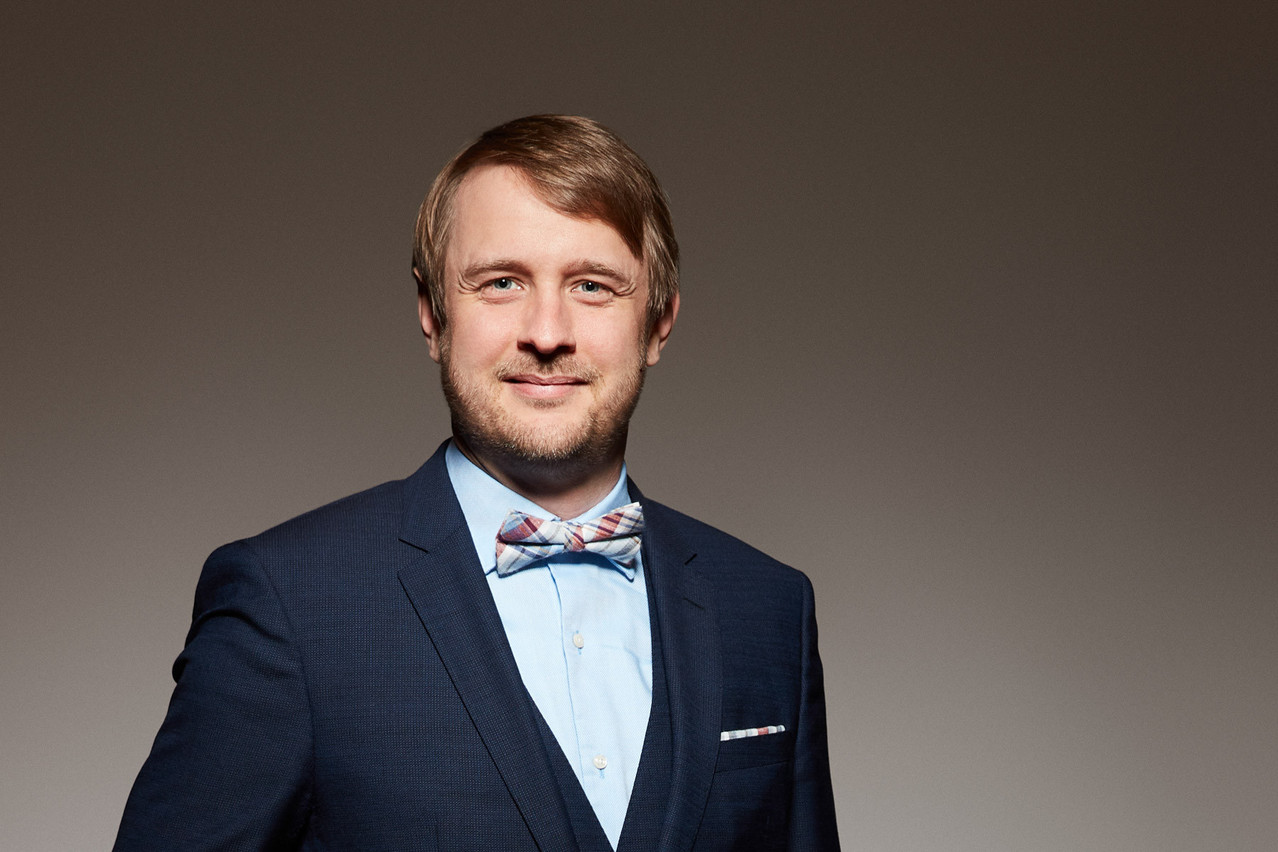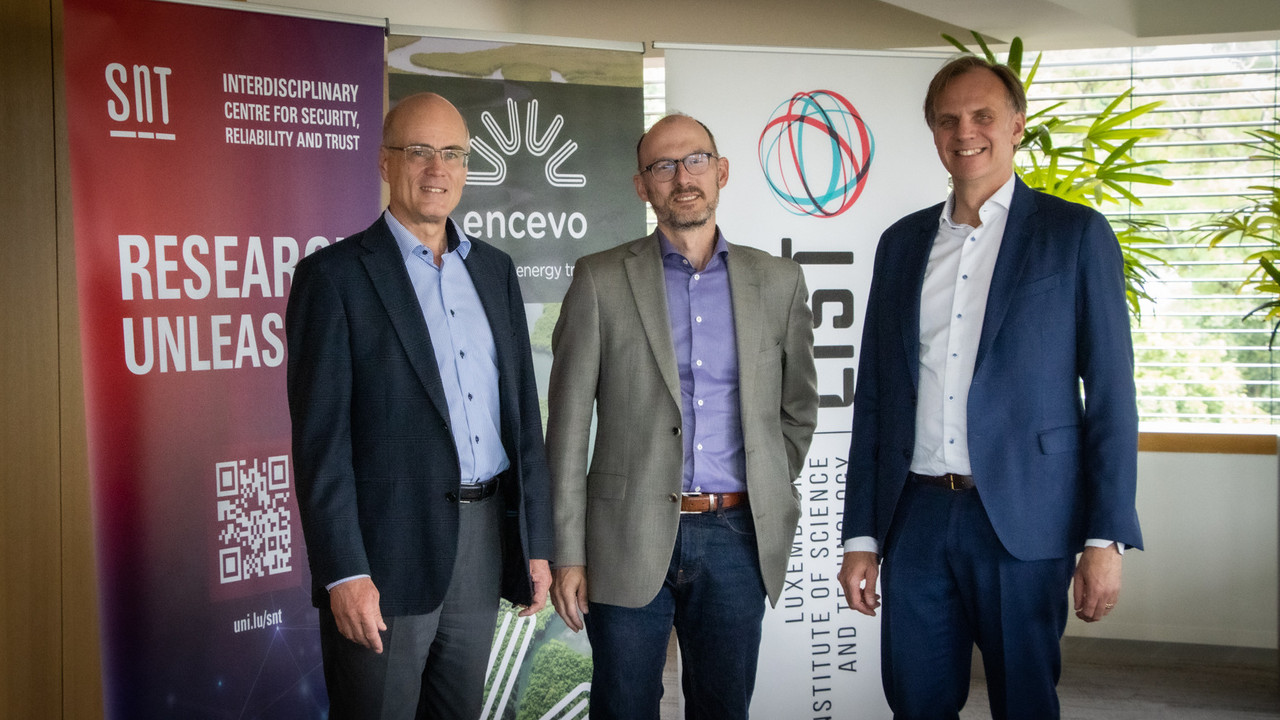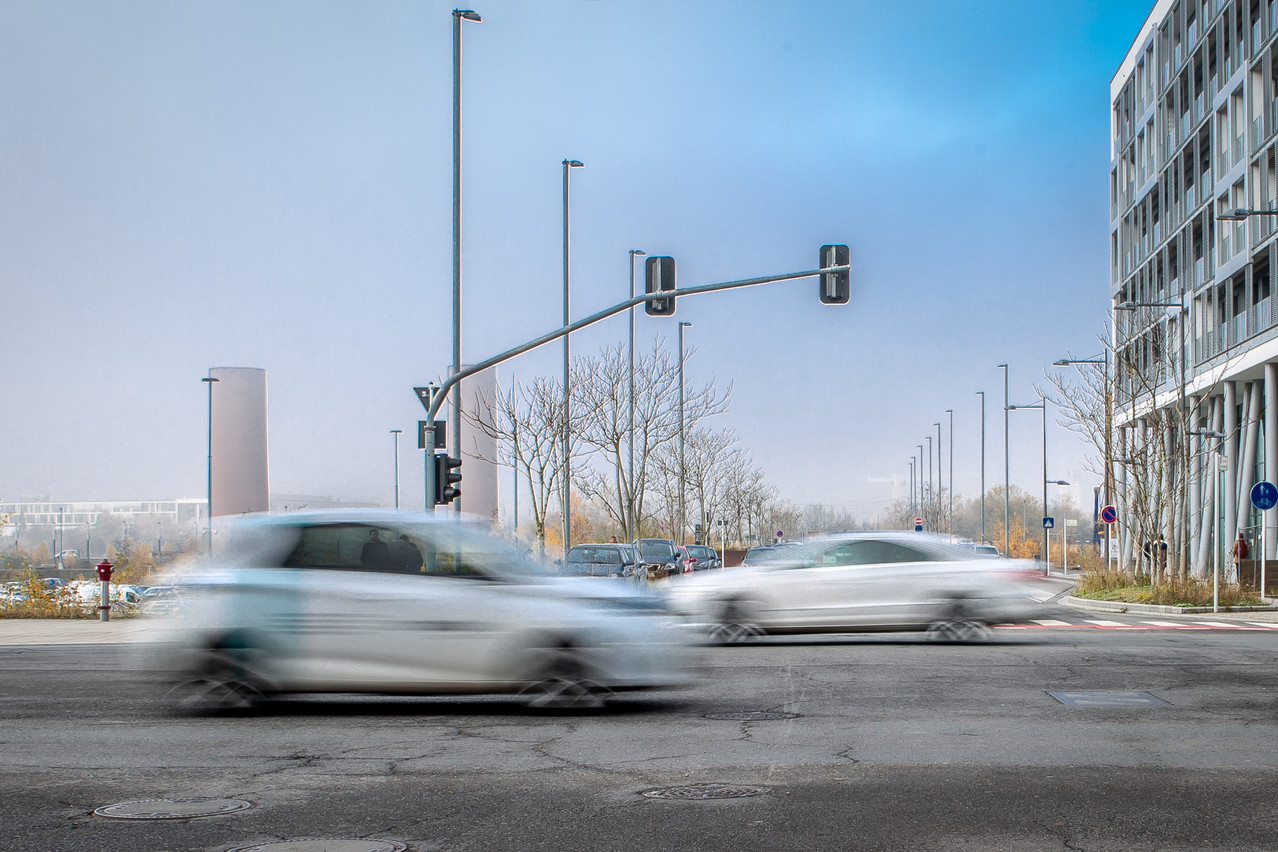However, shifting to renewable energies introduces a whole host of problems related to ensuring constant supply. Contrary to non-renewable sources, in fact, the provision of renewable energies fluctuates constantly. In the meantime, both businesses and citizens have come to rely on a constant supply of electricity. But is there room for optimisation in our power grids and energy consumption habits to accommodate such fluctuations? At the University of Luxembourg’s Interdisciplinary Centre for Security, Reliability and Trust (SnT), their researchers firmly believe so, and have been investigating the topic for several years.
In fact, minimising the impact of the changeover to renewable energy is the focus of a new research project of Creos Luxembourg – the Grand Duchy’s power grid operator, the Luxembourg Institute of Science and Technology (LIST) and SnT. This project is the first one kicked off in the framework of the partnership between the Encevo Group, LIST and SnT, which was established earlier this year in July. The common aim of the partners is to accelerate the transition to a sustainable energy landscape by conducting joint research projects on innovative topics relevant for this area.
This involves looking at the optimisations that can be made nationally, within industries, and consumer behaviour, to balance our power usage. As an example, a typical use case could examine how feasible it is for companies to ramp up and down their production depending on the capacity of the power grid at certain times of the day.

Prof. Gilbert Fridgen SnT
Down the line, this has the potential to impact any company that produces product – whether you’re a factory or a bakery. Adapting to the future energy landscape will not only save money down the line when prices are more volatile, but may also be rewarded with incentives to start production at a time when the energy grid is less overloaded.
The joint project, entitled Flexibility potentials and user Behaviour Analysis (FlexBeAn), will focus its efforts on smart grids as we undergo this transition in our energy markets. “Day-to-day right now, our power demands are matched by reliable incoming sources, meaning that price fluctuations are minimal, and we rarely face outages,” says Prof. Gilbert Fridgen, who leads the project on SnT’s side. “But by depending more on renewable sources, and increasing our consumption as we decarbonise our heating and transport sectors, the power grid must adapt to cope,” he continues.
Looking at the transport sector, the projected increase in electric vehicles (EVs) is a change that is undoubtedly positive – but has drawbacks when looking at its effect on our power grid. In Luxembourg alone, it is expected that there will be an almost 750% increase in EV registrations by 2035, with an estimated 47% of new car sales expected to be electric. “However,” Prof. Fridgen elaborates, “If all EV owners in Luxembourg arrive home in the evening around the same time, and all plug in their cars expecting them to be recharged within a couple of hours, the surge in energy could be enough to cause power shortages and bottlenecks in the grid, requiring smart solutions.”

Prof. Björn Ottersten (Director of SnT), Claude Seywert (CEO of Encevo S.A.), and Thomas Kallstenius (CEO of LIST) SnT
Together, the consortium will look at smart grid solutions for electricity grids. This will involve tackling the challenges introduced by a fluctuating supply from various angles, including identifying potential flexibilities within industry while taking into consideration how the energy market will change over the next decade. Speaking about the partnership on its announcement in July, Claude Seywert, CEO of Encevo S.A. shared, “Innovation is the key to successfully transitioning Luxembourg to renewable energy, and we are fortunate to have such high-level scientists at SnT and LIST to work on these projects with our teams.”
They will also focus on assessing the flexibility across different sectors, as well as looking at the level of energy literacy in Luxembourg to create a roadmap for changing consumer behaviour.
Companies are invited to actively participate in the FlexBeAn project and benefit from the exchange with the project team as well as with other energy experts from the local industry. For more information contact:
Interested in partnering with SnT? Contact SnT’s Partnership Programme on:
